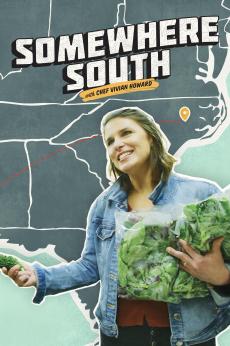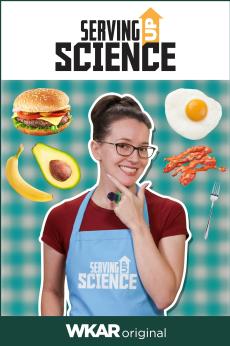PBS PASSPORT
Stream tens of thousands of hours of your PBS and local favorites with WETA+ and PBS Passport whenever and wherever you want. Catch up on a single episode or binge-watch full seasons before they air on TV.
Similar Shows
Poster Image

Somewhere South
Food
Poster Image

Good Gumbo
Food
Poster Image

Poster Image

Serving Up Science
Food
Poster Image

Food Town
Food
Poster Image

Nourish
Food
Poster Image

Kitchen Explorers
Food
Poster Image
Food Forward
Food
Poster Image

Poster Image
